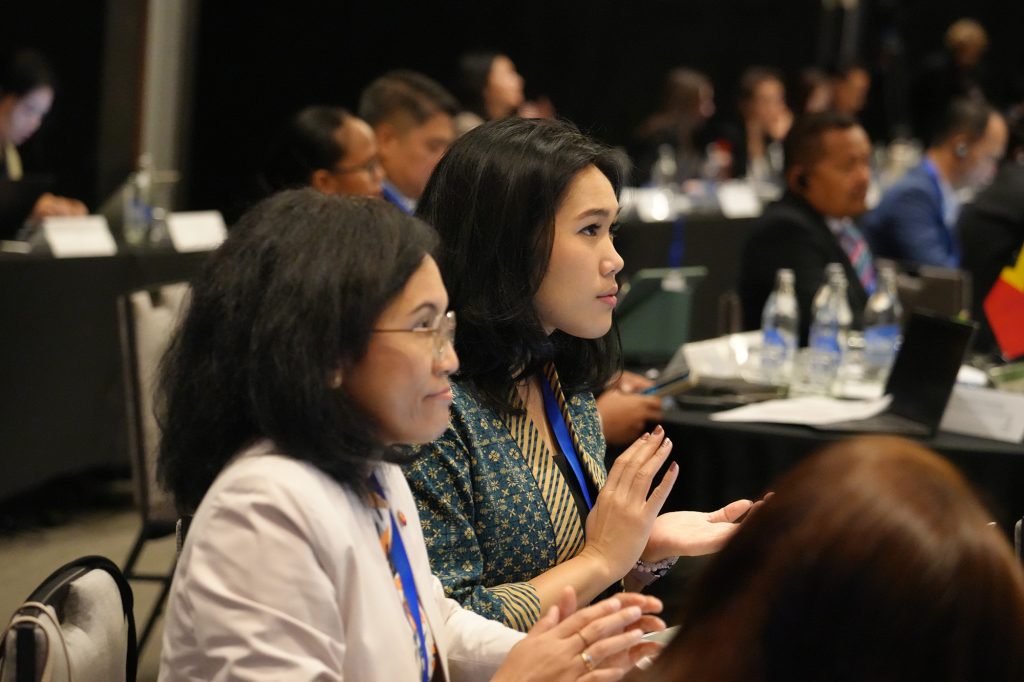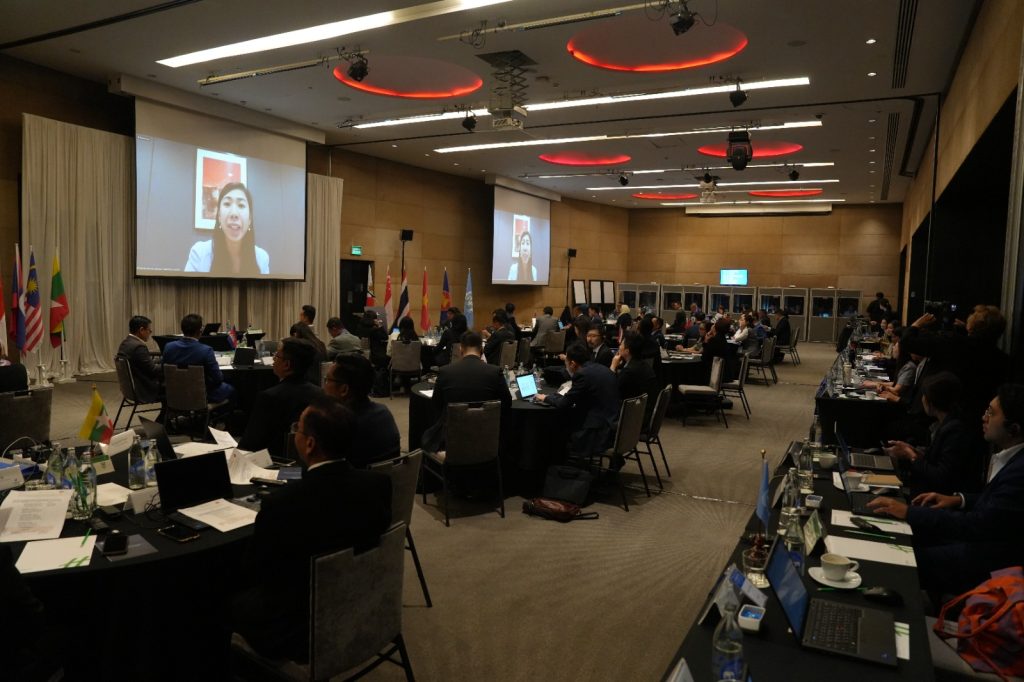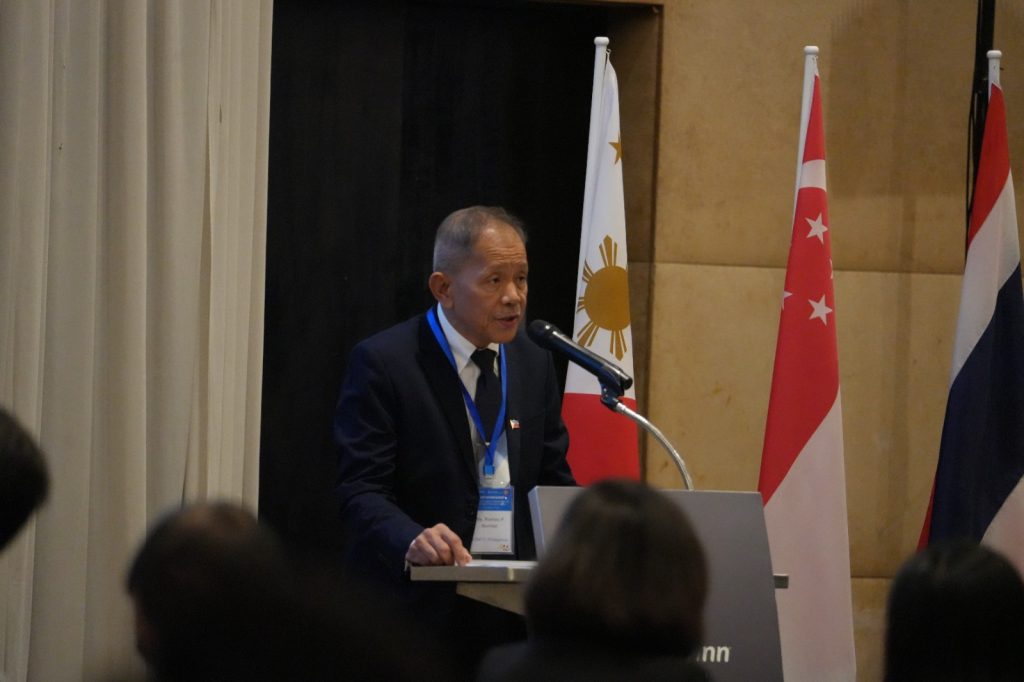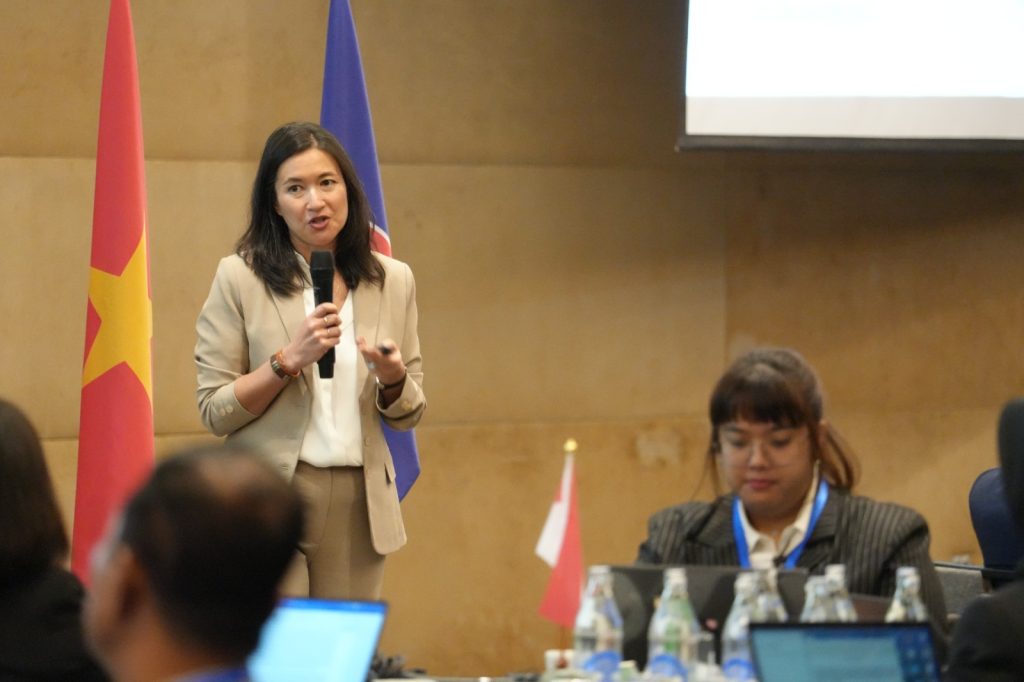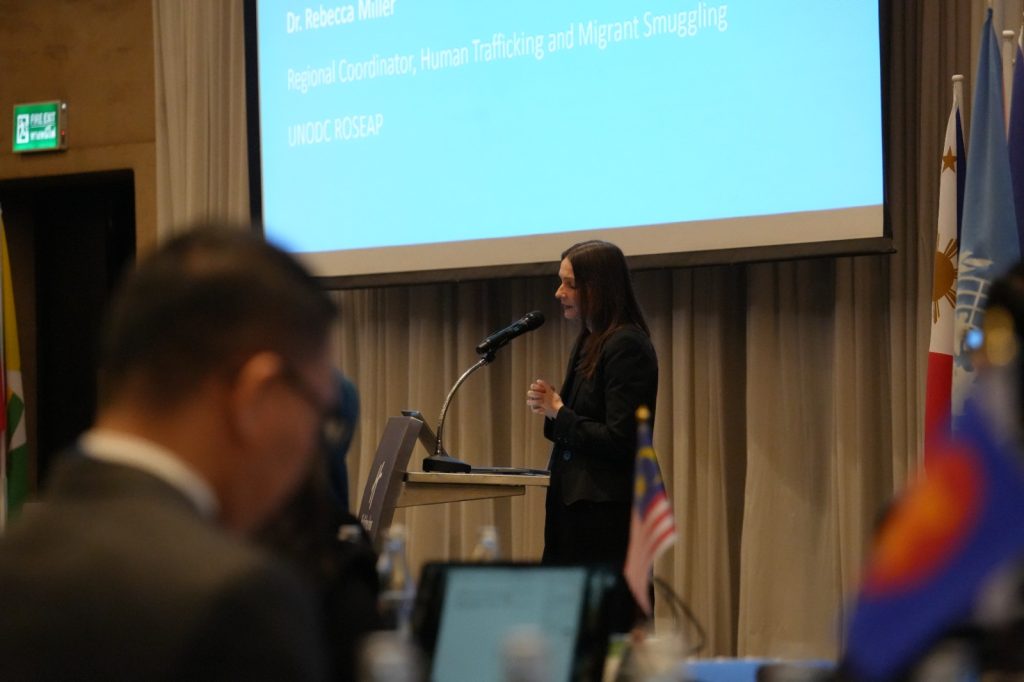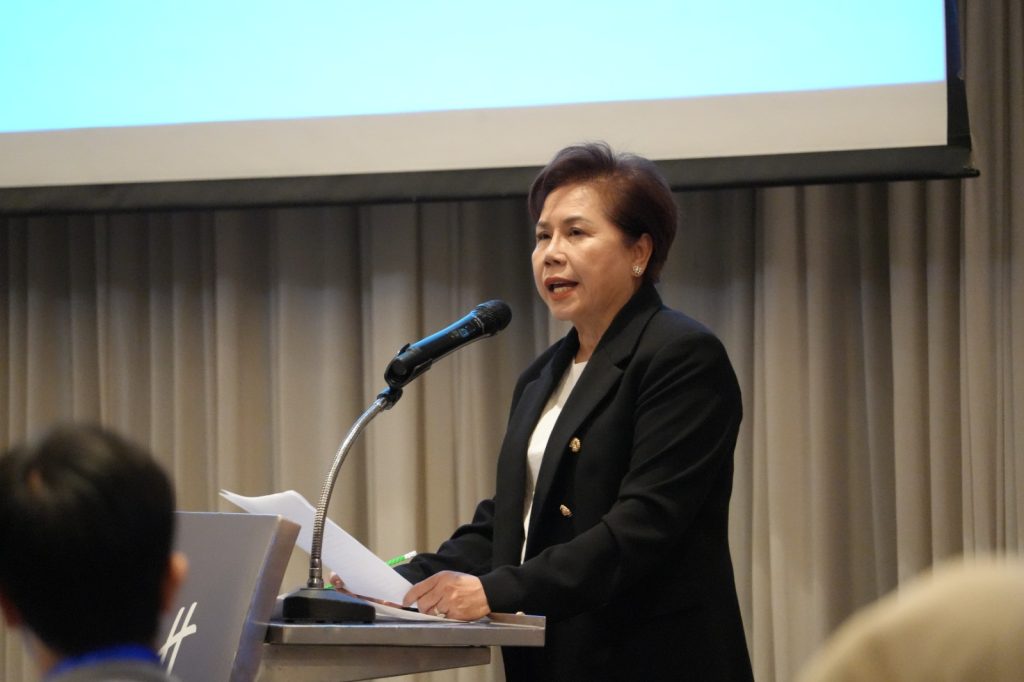Trafficking in persons is one of the most dynamic and complex crimes confronting our region. In this context, organised crime groups exploit vulnerable populations across borders.
Regional and bilateral agreements are in place across the ASEAN region to promote cooperation between states in responding to trafficking in persons, however, significant challenges in international legal cooperation hinder efforts to disrupt and dismantle the criminal supply chains that facilitate trafficking in persons.
A lack of cooperation can have detrimental impacts on victims, who may be recognised and protected as victims in one country, but treated as offenders in another.
To address this issue, over 50 officials from all ASEAN Member States – plus Timor Leste in its observer capacity – convened in Bangkok (11-13 December 2024) at a workshop to validate a draft compendium on international legal cooperation in trafficking in persons cases, supported by the Australian Government funded ASEAN-Australia Counter Trafficking program in partnership with UNODC.
The workshop provided a platform for ASEAN central authorities and members of the ASEAN Senior Officials Meeting on Transnational Organised Crime (SOMTC) to provide insights to inform the finalisation of the compendium, ensuring its use by practitioners in the handling of transnational trafficking cases.
Officials agreed that proactive international cooperation typically takes place on the initiative and action of individuals, highlighting a range of legal, political and practical barriers that hinder its institutionalisation.
“Opportunities are being missed to cooperate against human trafficking in practice,” observed ASEAN-ACT International Legal Adviser Dr Marika McAdam. “States are often working independently rather than reaching across borders.”
Dr Rebecca Miller, UNODC’s Regional Coordinator on Trafficking in Persons and Smuggling of Migrants, added that: “Criminal justice responses to human trafficking remain largely confined to domestic systems….addressing this issue in one or a few countries’ domestic contexts, while necessary and welcome, will not have a significant impact on the transnational organized crime groups operating in the region.”
ASEAN’s SOMTC aims to finalise and disseminate the compendium throughout 2025, with the goal of re-invigorating cooperation in trafficking in persons cases within and beyond the region.
The compendium is a collection of practical tools developed through consultations with more than 200 practitioners across the ASEAN region.
The workshop coincided with the release of the 2024 UNODC Global Report, which highlighted an increase in trafficking for forced criminality to commit online scams in Southeast Asia.
Investigations and prosecutions to date have mainly targeted low-level actors and are rarely pursued across borders, leaving some of the most serious criminals able to evade justice.
The next ASEAN workshop will be convened in May 2025 to present examples of cross border investigations and prosecutions of trafficking cases, and explore how ASEAN SOMTC and ASEAN Member States can meaningfully implement the compendium.
